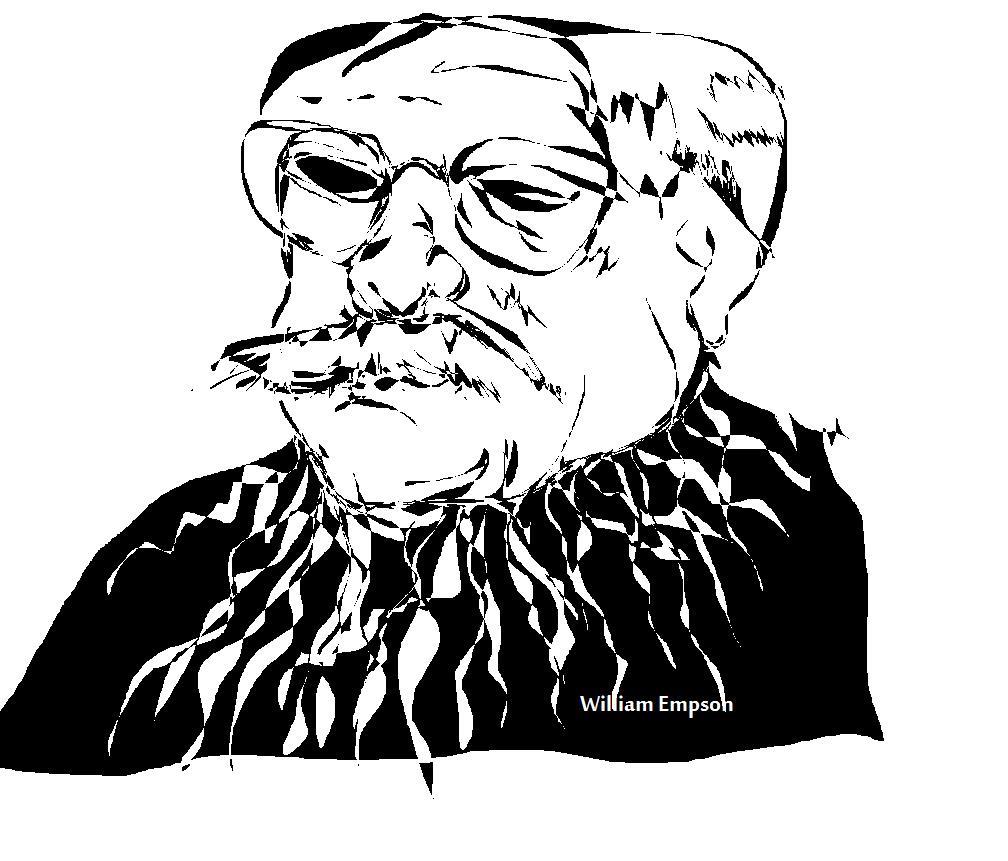I’ll confess — I read fiction to fall in love. That’s what’s kept me hooked all these years. Often, that love was for a character: in a presexual-crush way for Fern in “Charlotte’s Web”; in a best-buddies way for the heroes of “Astérix & Obélix”; in a sighing, “I wish there were more of her in this book” way for Jessica in “Dune” or Arwen in “The Lord of the Rings.”In fiction, as in my nonreading life, someone didn’t necessarily have to be likable to be lovable. Was Anna Karenina likable? Maybe not. Did part of me fall in love with her when I cracked open a secondhand hardcover of Tolstoy’s novel, purchased in a bookshop in Princeton, N.J., the day before I headed home to Pakistan for a hot, slow summer? Absolutely.What about Humbert Humbert? A pedophile. A snob. A dangerous madman. The main character of Nabokov’s “Lolita” wasn’t very likable. But that voice. Ah. That voice had me at “fire of my loins.”
Zoe Heller says
When the novelist Claire Messud rebuked a reporter earlier this year, for asking if Messud would want to “be friends with” the protagonist of “The Woman Upstairs,” her latest book, I was among those who applauded. It’s always cheering to have someone stand up for the not-nice in literature. Messud’s citation of various mad, murderous or otherwise unpleasant literary characters who have managed, despite their moral handicaps, to enthrall readers, was apt and enjoyably furious.
I grew a little uneasy, though, when in subsequent Internet discussions a consensus seemed to emerge that caring at all about “likability” was an embarrassing solecism, committed only by low-rent writers and hopelessly naïve readers. This struck me — and strikes me still — as faux-highbrow nonsense.
But likeability is a quality inexperienced readers use as a shield or security blanket when they don't know quite what to say, or what to think about, something they're encountering for the first time, and not on their own turf -- a classroom is never the student's own turf.
I used to bring this up a lot in my intro to lit classes. It was fairly common that a student, in a paper or a class discussion, would dismiss a book, or try to get out from under dealing with it, by saying the characters weren't likeable enough, or that the theme of a poem wasn't upbeat enough. In one such class -- this would have been in the 90s -- I asked
"How many of you are Guns 'n Roses fans?"
A bunch of hands went up.
"And what's the theme of most of their songs?"
The answer I got, which was a good one: "Life sucks, so let's get fucked up."
I also used to say -- your obligation in approaching a piece of literature is to be as smart as you really are in the rest of your life. You don't have to be told that you can get emotional satisfaction out of Guns 'n Roses even though they have a negative attitude toward life. You don't have to be a student of Empson to recognize the ambiguity in conversations in your real life.
At this point I'd tell a student in the front row to ask me how I was doing.
Student (a little nervously): How are you doing?
Me (snarling): FINE!
So how was I doing? Did anyone believe I was really fine?
No one needs to tell us, in our lives, to have the kind of sensitivity to nuance that we're asked to bring to literature. But our lives are our home turf.

No comments:
Post a Comment